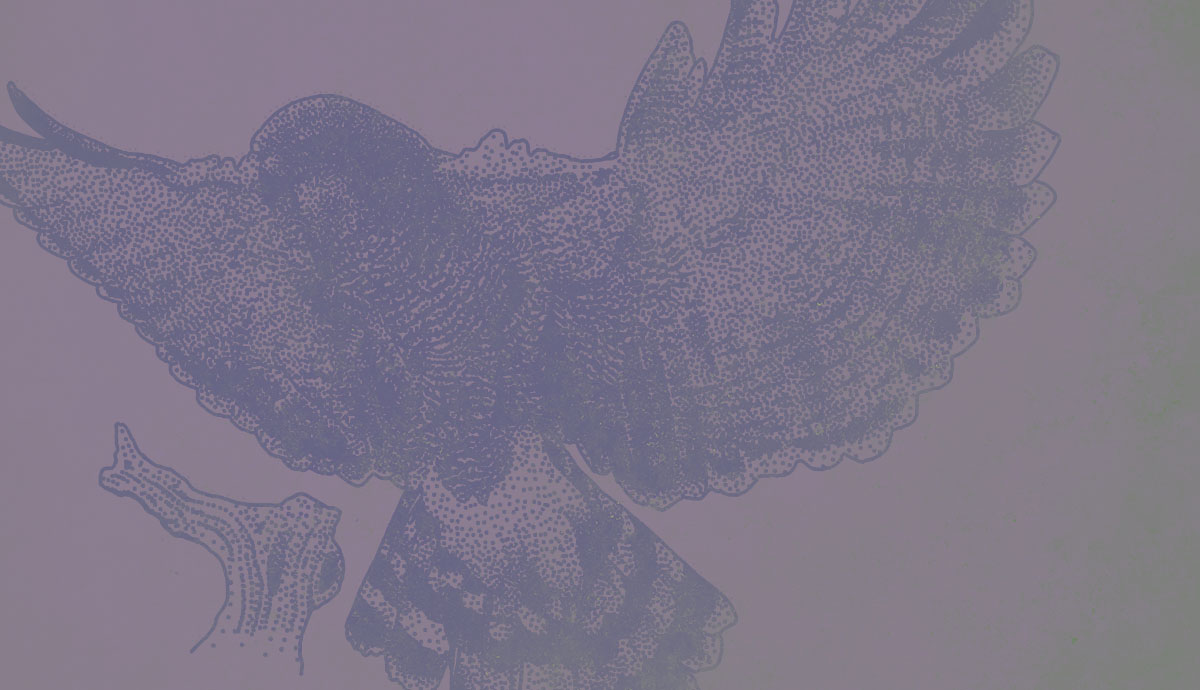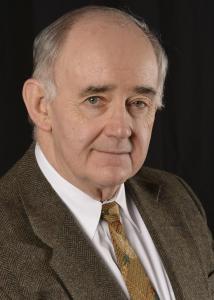Every Atom | No. 161
Introduction to Every Atom by project curator Brian Clements

I did my doctoral dissertation (1978) on the works of Standish James O’Grady (1846-1928), and a few years later I published a monograph on O’Grady’s works with a title borrowed from Yeats’s memory of O’Grady: High Nonsensical Words (1986). In my researches I discovered that the man who has been called the “Father of the Irish Literary Revival” was deeply imbued by the spirit of the poetry of Walt Whitman. O’Grady published Volumes I and II of his History of Ireland in 1878 and 1880; the title is misleading: O’Grady was rendering into lively prose the stories of Cuculain, Maeve, Conchobar mac Nessa, and other now mythic characters. His books are still regarded as a seminal body of literature that inspired succeeding writers, Yeats in particular.
Prior to publishing those works, O’Grady wrote several journalistic articles in prominent journals, mostly in England. In 1875, under the pseudonym Arthur Clive, he published two articles on Whitman in The Gentlemen’s Magazine: “The Trammels of Poetic Expression” (Feb. 1875) and “Walt Whitman, the Poet of Joy” (Dec. 1875). While fellow Irishman Edward Dowden had written appreciatively of Whitman previously, O’Grady’s prose is possessed of the verve that was to inspire his own later creative writings. It is safe to claim that O’Grady was responsible for making Whitman’s reputation in Europe. O’Grady carried on a correspondence with Whitman that continued until Whitman’s death in 1892.
O’Grady closes the second article by declaring Whitman “the noblest literary product of modern times, and his influence is invigorating and refining beyond expression.” O’Grady begins his appreciation of Whitman by comparing him favorably to virtually all the major British sages and poets of the nineteenth century. He pays homage to the Romantic poets and to Ruskin and Carlyle but complains that “There is an almost complete absence of joyfulness in our literature.” The British poets and sages “were all rather unfit for general society, and if not communing with the stars and engaged in looking down upon the world, preferred the company of persons like themselves—persons suffering more or less from depression, and not likely to laugh at them and their follies.”
The first article strikes me now as quite humorous; O’Grady defines rhyme and meter as “trammels.” He says, “…we have in Whitman the first modern instance of a great poet deliberately bidding farewell to metre, and, like a boy who has flung aside his corks and bladders, trusting himself boldly and with confidence to the powers and capacities of his own undistorted mother-tongue and the plain and natural speech which men employ in their intercourse with one another.” Later he continues with his comparison of the equipment of the beginning swimmer—“the preserving belt of feeble swimmers.” That belt, for the poet, is metre.
His criticism is sharp. After quoting the above passage from Whitman’s “Song of Myself,” he asks: “How this could be improved by being cut into equal strips to the measurement of the heroic verse-yard, and hung up in couples, gay rhymes tinkling and jingling at their ends, I myself do not see.”
I haven’t read Whitman in a long while. Re-reading O’Grady’s eloquent appreciation of Whitman’s work is putting Leaves of Grass on my desk as I write this piece.
Recommended
Nor’easter
Post-Op Appointment With My Father
Cedar Valley Youth Poet Laureate | Fall 2024 Workshop






